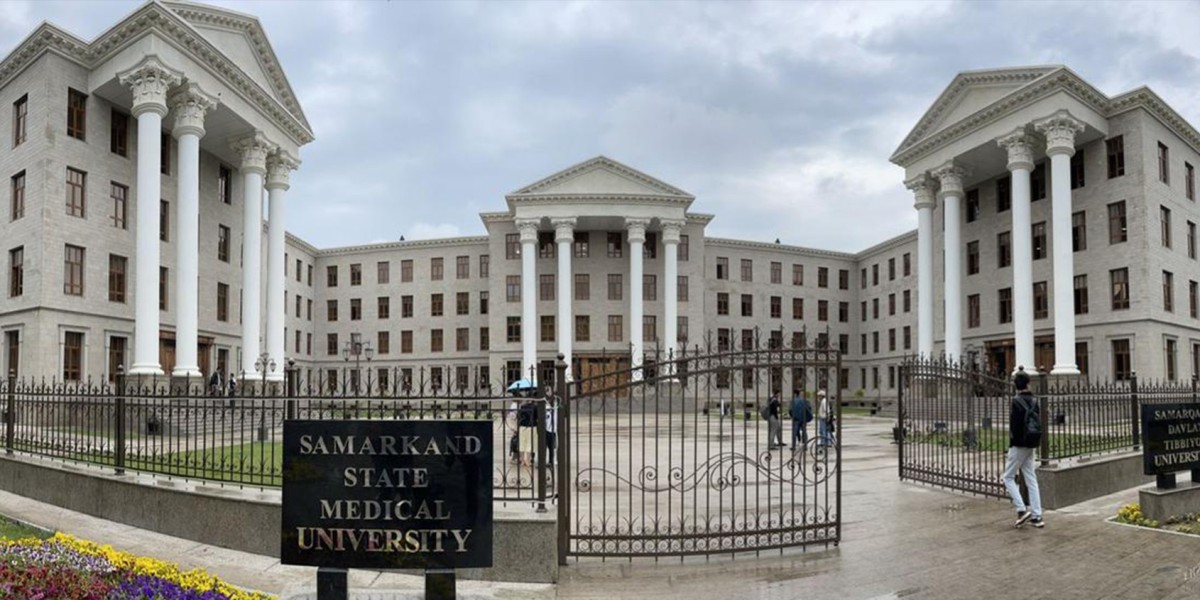Pursuing an MBBS in Uzbekistan has become an increasingly popular choice among Indian medical aspirants, especially those who want a high-quality medical education at a reasonable cost. With the rising competition for government medical seats in India and the extremely high fees charged by private colleges, thousands of students are now exploring more cost-effective and globally recognized alternatives abroad. Among these destinations, Uzbekistan stands out as one of the most promising, affordable, and student-friendly options. The question many students and parents ask is: Is MBBS in Uzbekistan truly better than pursuing MBBS in private colleges in India? To answer this, one must understand the advantages Uzbekistan offers in terms of fees, quality, recognition, safety, clinical exposure, and long-term career prospects.
The Fee Difference: Uzbekistan vs. Private Colleges in India
The biggest factor for budget-conscious families is cost—and this is where Uzbekistan clearly wins. Private medical colleges in India often charge anywhere between ₹70 lakh to ₹1.5 crore for the MBBS program. On the other hand, Uzbekistan offers a full MBBS degree for ₹18 lakh to ₹35 lakh, including tuition fees, hostel charges, and living expenses. This affordability makes it possible for middle-class students to pursue their dream of becoming a doctor without taking on massive financial burdens or education loans.
Even daily expenses like food, transportation, and accommodation in Uzbekistan are considerably cheaper than in India’s metro cities. With low living costs and transparent fee structures, Uzbekistan becomes a financially practical choice for thousands of students.
Quality of Education and Global Recognition
Uzbekistan’s medical universities have made remarkable progress in the last two decades, aligning their curriculum with global medical standards. Universities such as:
Bukhara State Medical Institute
Samarkand State Medical University
Tashkent Medical Academy
Andijan State Medical Institute
are widely recognized by NMC (India), WHO, WDOMS, ECFMG, and other international bodies. This ensures that the MBBS degree earned in Uzbekistan is accepted worldwide, making graduates eligible for licensing exams like FMGE/NExT (India), USMLE (USA), PLAB (UK), AMC (Australia) and more.
The curriculum closely follows the European Credit Transfer System (ECTS), and the academic environment is supportive, structured, and research-oriented. Students participate in modern teaching methods such as:
Smart classrooms
Simulation labs
Case-based studies
Cadaveric anatomy
Research projects
These methods ensure that students not only understand theoretical concepts but also develop a strong clinical mindset.
Clinical Exposure: A Major Advantage
Uzbekistan has significantly strengthened its healthcare infrastructure, making clinical training more dynamic and hands-on. Indian students benefit from:
Early clinical exposure
Training in modern hospitals
Practical sessions across all major departments
Direct interaction with patients
Diagnostic and treatment-based learning
Internships under experienced medical faculty
Uzbekistan’s hospitals have good patient flow, making it easier for students to observe real medical cases and participate in daily rounds. Compared to many private Indian medical colleges—where clinical exposure may be limited due to overcrowding—Uzbekistan often provides a better balance between theoretical learning and practical experience.
Medium of Instruction and Student Support
One of the strongest benefits is that most Uzbekistan universities offer the MBBS program entirely in English, ensuring that Indian students face no language barrier in academics. Universities also provide:
Indian student coordinators
Academic support units
English-speaking faculty
FMGE/NExT preparation sessions
Cultural clubs and student communities
Additionally, students are taught conversational Uzbek or Russian during the course, which helps them interact with patients in hospitals during clinical rotations.
Safety and Lifestyle for Indian Students
Uzbekistan is known for its welcoming culture, safety, and hospitality. The government takes strong measures to ensure a secure environment for international students. Cities like Tashkent, Bukhara, Samarkand, and Andijan are particularly student-friendly, offering:
Secure hostels
Indian mess facilities
Public transport
Affordable food options
Indian grocery stores
Safe neighborhoods with 24/7 monitoring
Hostels are usually located within or near the campus, equipped with CCTV, security guards, heating systems, kitchens, and study rooms.
Admission Process: Simple, Transparent & No Donation
In contrast to India’s private colleges—where admission can be stressful, competitive, and sometimes non-transparent—Uzbekistan offers a straightforward process. There is:
No donation or capitation fee
No entrance exam
No complicated admission interviews
The basic requirements include NEET qualification, 50% marks in PCB, and standard documentation. Students receive their offer letter quickly, and visa processing is simple.
This transparency offers peace of mind to families who want a smooth and honest admission process.
Uzbekistan vs. India: Career Opportunities After MBBS
Both Uzbekistan and Indian private colleges offer valid pathways to becoming a licensed doctor. However, Uzbekistan offers additional advantages:
Graduates can return to India and take the FMGE/NExT exam.
They can pursue post-graduation in Uzbekistan with affordable fees.
They can appear for USMLE, PLAB, AMC, DHA, MOH, and more.
Students receive strong guidance for international exams.
Uzbekistan’s global recognition gives students more mobility and options, especially for those wanting to practice abroad.
Which Is Better for Budget-Conscious Families?
When we evaluate both options, the answer becomes clear:
MBBS in Uzbekistan Offers:
Far lower total cost
Quality education aligned with international standards
Strong clinical exposure
Safe student environment
Simple admission process
English-medium teaching
Global acceptance of degree
Opportunity for international career
Private MBBS in India Offers:
Higher degree familiarity
Local internship opportunities
Familiar environment
However, these advantages come with significantly higher tuition fees and often limited clinical exposure due to the high student-to-patient ratio.
Conclusion
For budget-conscious students who dream of becoming doctors without compromising quality, safety, or global opportunities, Uzbekistan stands out as a highly practical, reliable, and advantageous option. With modern medical universities, excellent clinical training, international recognition, and affordability, MBBS in Uzbekistan offers a strong alternative to costly private MBBS colleges in India. For students seeking quality medical education without financial stress, Uzbekistan is not just a good choice—it is one of the smartest choices in 2025.








